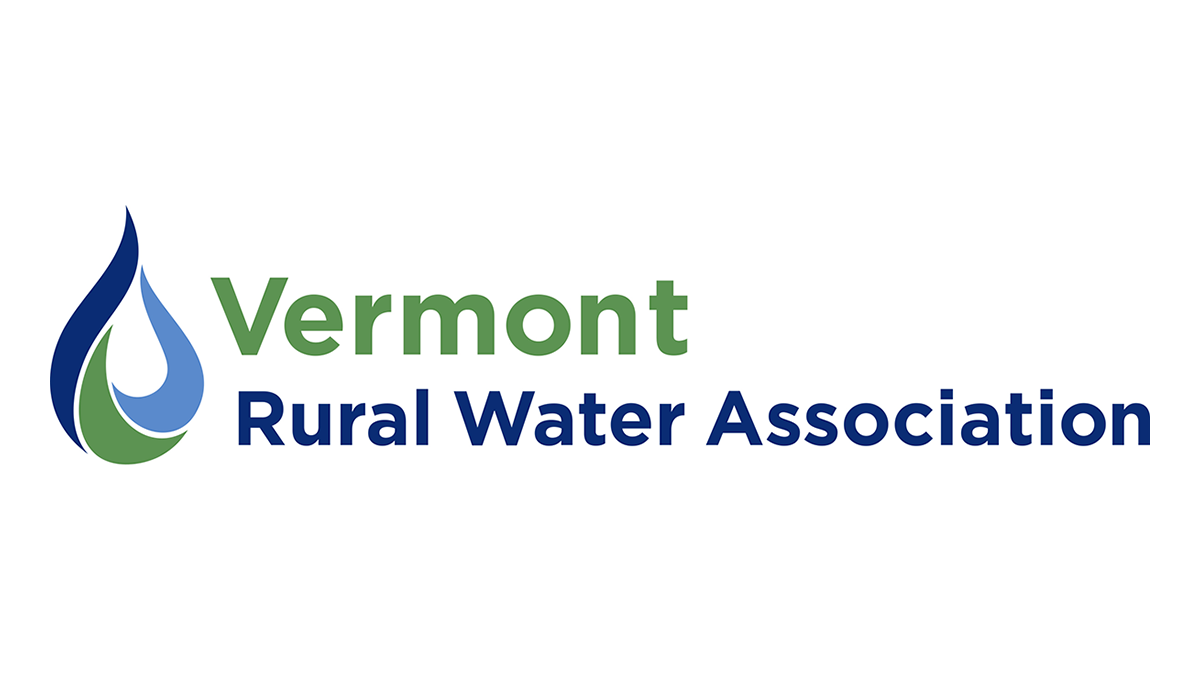by Forest Anderson
This article was published in the spring 2025 issue of our newsletter.
Vermont Rural Water is excited to announce that we are one of just two states (along with Oregon) chosen for the Cybersecurity Circuit Rider pilot program. This one-year study to enhance cybersecurity for rural water systems is a collaboration between the National Rural Water Association, the White House Office of the National Cyber Director (ONCD), and the United States Department of Agriculture (USDA).
Through this program, I am able to provide free assistance to water systems in the Green Mountain State that are looking to improve their cybersecurity. As operators of small utilities, we understand that cost can be a barrier, even when it comes to something as important as security. I am here to assist with identifying low-cost, high-impact security measures that are well-suited for your industrial control systems (ICS) and operational technology (OT).

Through the Cybersecurity Circuit Rider pilot program, Forest Anderson is available to provide free cybersecurity assistance to drinking water systems.
Some of you may have noticed the addition of cybersecurity in Vermont’s 2025 sanitary survey. If you’re uncertain where to begin, I am available to help you perform a cybersecurity assessment, clarify best practices, and connect you to additional resources and experts.
Water and wastewater systems across the country have been targets of a number of well-publicized cyberattacks in recent years. Regrettably, it’s not a question of if, but rather when such an event will occur in Vermont. It is important for systems to be prepared to respond to a cyberattack and reduce their threat profile to minimize the chances of an attack. Rather than being a six-point buck grazing in an open field, it’s time to venture into the woods and find shelter among the trees; hunting season is upon us.
“America’s critical infrastructure is at constant risk of a cyberattack and rural America can’t be an afterthought,” said then-USDA Rural Utilities Service Administrator Andy Berke in a press release from the National Rural Water Association in October. “If a rural community lacks training and resources and isn’t prepared, a cyberattack on a rural water system would completely devastate the community.”
The consequences of a cyberattack could be crippling to your water system and your users. How quickly could you respond to an attack? Do you possess the capability to manually operate your system if needed? These are two of the most fundamental questions we must consider in 2025.
As critical infrastructure operators, we bolster these traits day in and day out. Rural communities often depend on ingenuity and wit to deliver affordable services. But now, as operators delve into the realm of cybersecurity, it is crucial to take thoughtful measures moving forward to safeguard our drinking water, environment, and infrastructure. The land of tomorrow depends on us to protect against cyberattacks and to be prepared to respond if the worst happens.
If you have any questions or concerns about cybersecurity, or would like to schedule free onsite assistance, contact me here.

